Liraglutide Injection is a prescription medication used for the management of type 2 diabetes, chronic weight management, and in some cases, to reduce the risk of cardiovascular events in adults with type 2 diabetes. Liraglutide is a glucagon-like peptide-1 (GLP-1) receptor agonist, which works by mimicking the action of a natural hormone that helps regulate blood sugar levels, appetite, and insulin secretion.
- Indications:
- Control of blood sugar levels in adults with type 2 diabetes.
- Chronic weight management in adults with obesity or overweight individuals with at least one weight-related condition (e.g., hypertension, type 2 diabetes).
- Reduction of cardiovascular risks in type 2 diabetes patients with heart disease.
Key Features
- Effective Blood Sugar Control: Helps improve glycemic control by increasing insulin secretion and lowering glucagon levels in response to meals.
- Appetite Suppression for Weight Management: Promotes feelings of fullness, reducing calorie intake and aiding in weight loss.
- Cardiovascular Benefits: Shown to reduce the risk of heart attack, stroke, and other cardiovascular events in type 2 diabetes patients.
- Once-Daily Dosing: Convenient, pre-filled injection pens for self-administration.
How to Use
- Administration:
- Inject subcutaneously (under the skin) in the abdomen, thigh, or upper arm, as directed by your doctor.
- Rotate injection sites to reduce the risk of irritation.
- Dosage:
- Diabetes Management: Initial dose of 0.6 mg per day, gradually increased to 1.2 mg or 1.8 mg based on the doctor’s recommendation.
- Weight Management: Gradual dose escalation starting at 0.6 mg daily, up to a maximum of 3.0 mg.
- Timing:
- Inject at the same time every day, with or without meals.
Precautions
- Not for Type 1 Diabetes or Ketoacidosis: Liraglutide is not a substitute for insulin.
- Risk of Thyroid Tumors: Avoid use in individuals with a personal or family history of medullary thyroid carcinoma (MTC) or Multiple Endocrine Neoplasia syndrome type 2 (MEN 2).
- Kidney or Liver Impairment: Use with caution in individuals with renal or hepatic issues.
- Pregnancy and Breastfeeding: Not recommended for use during pregnancy or breastfeeding unless directed by a healthcare provider.
Side Effects
- Common Side Effects:
- Nausea, vomiting, diarrhea, or constipation
- Low blood sugar (hypoglycemia), especially when used with other diabetes medications
- Injection site reactions such as redness or swelling
- Fatigue or decreased appetite
- Serious Side Effects:
- Pancreatitis (severe abdominal pain, nausea)
- Thyroid tumors or nodules
- Allergic reactions (rash, difficulty breathing)
Packaging
Liraglutide Injection is supplied in pre-filled, easy-to-use disposable pens. Each pen typically contains multiple doses, with the exact number depending on the dosage prescribed. Packaging ensures sterility and proper storage.
FAQ
1. What is Liraglutide Injection used for?
Liraglutide is used to control blood sugar levels in type 2 diabetes, aid in weight management, and reduce the risk of cardiovascular events in diabetes patients with heart conditions.
2. How does Liraglutide work?
Liraglutide mimics the action of GLP-1, a hormone that regulates blood sugar and appetite. It increases insulin secretion in response to meals, reduces glucagon production, and promotes a feeling of fullness.
3. How is Liraglutide administered?
Liraglutide is injected subcutaneously (under the skin) once daily using a pre-filled pen. It can be injected into the abdomen, thigh, or upper arm.
4. How long does it take for Liraglutide to work?
Effects on blood sugar levels may be noticeable within days, while weight loss benefits typically occur over weeks to months.
5. Can Liraglutide cause weight loss?
Yes, Liraglutide is FDA-approved for weight loss under the brand has shown effectiveness in reducing body weight by suppressing appetite.
6. What should I do if I miss a dose?
If you miss a dose, take it as soon as you remember. If it is close to the time for your next dose, skip the missed dose and resume your regular schedule. Do not double the dose.
7. Are there foods or medications I should avoid while using Liraglutide?
There are no specific food restrictions but inform your doctor about all medications and supplements you are taking to avoid potential interactions.

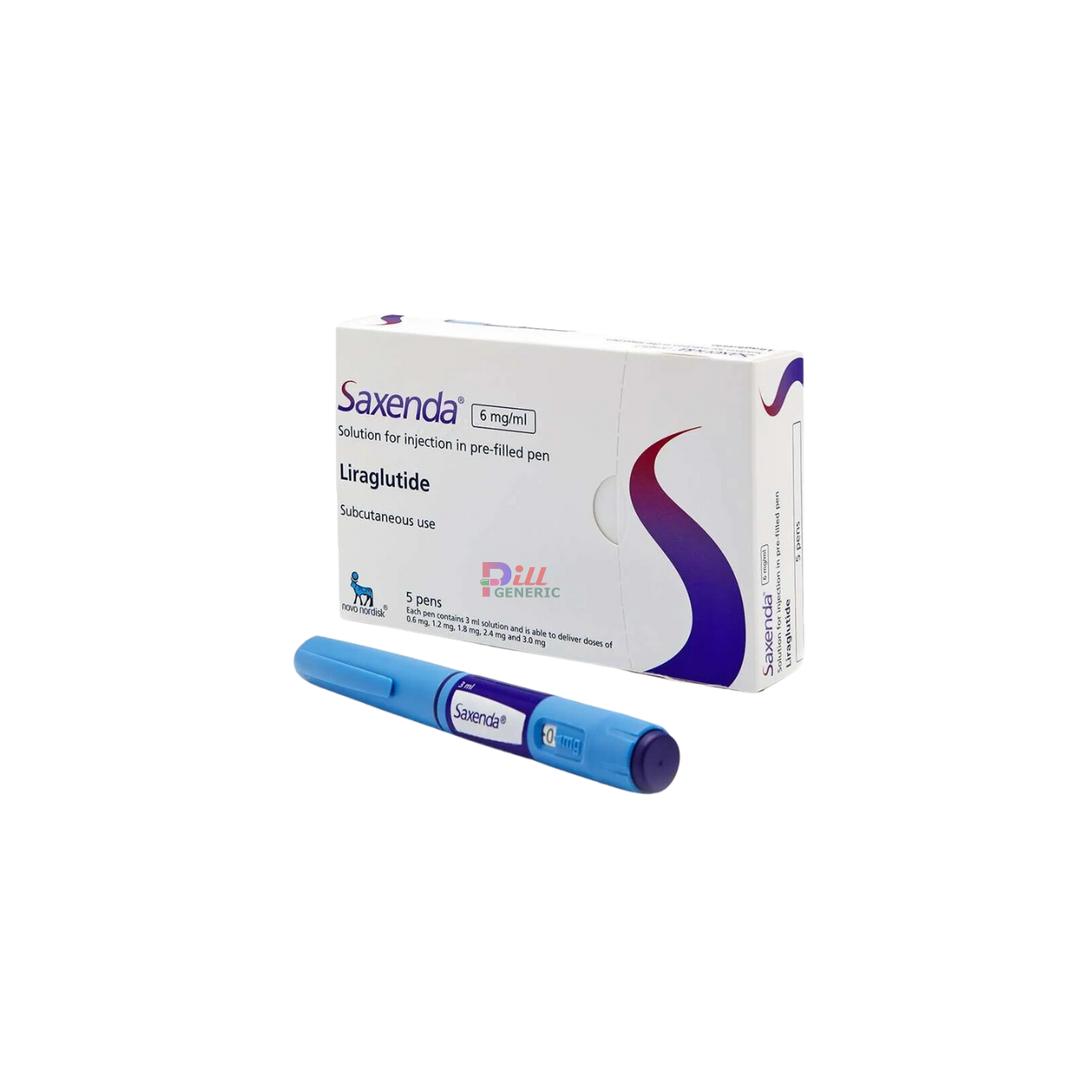
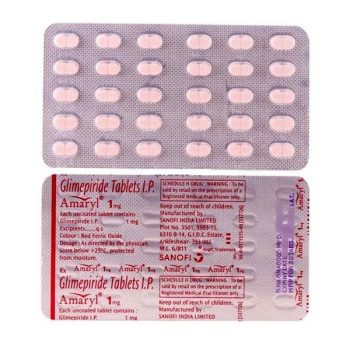
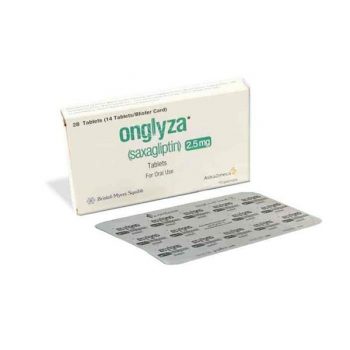
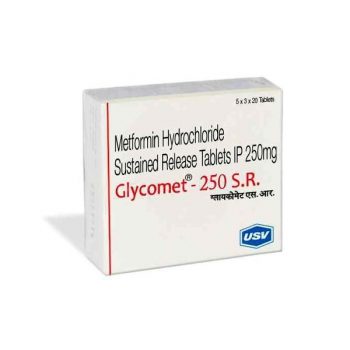

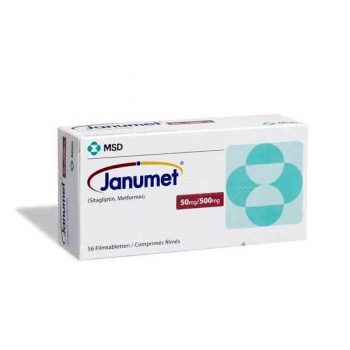
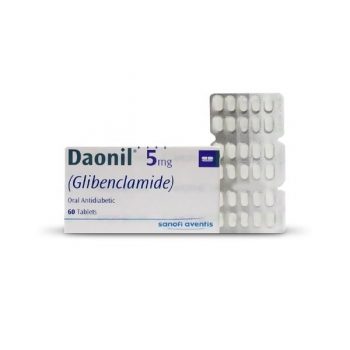
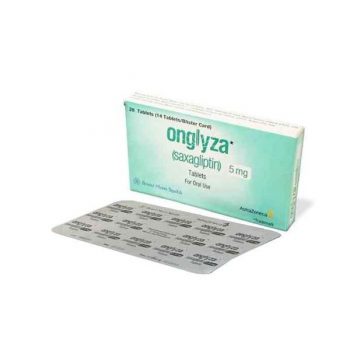
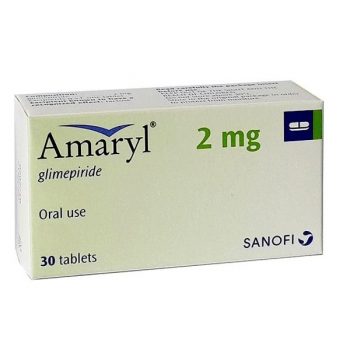
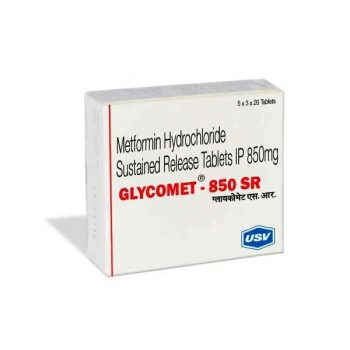
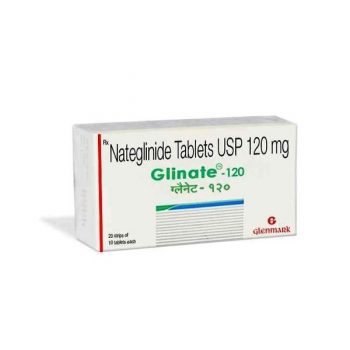
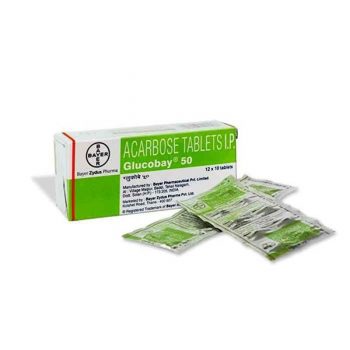
Reviews
There are no reviews yet.